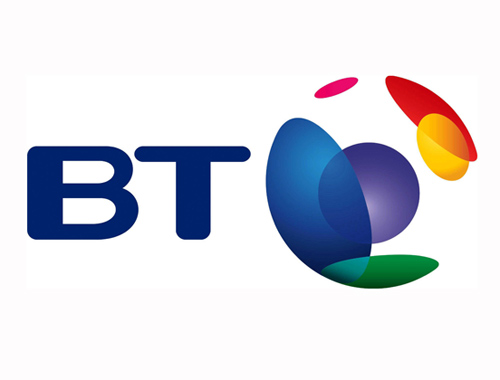Government accused of mismanaging rural broadband rollout

The government has mismanaged the roll-out of rural broadband by giving BT a ‘quasi monopolistic position’ that it has exploited, according to claims by MPs on the Public Accounts Committee (PAC).
The tenders process drew criticism when just two service providers were named as approved bidders, with Fujitsu dropping out. Margaret Hodge, chairman of the PAC, said the process “failed to deliver any meaningful competition to drive down prices and maximise coverage”.
Last year The Daily Telegraph reported that BT could be charging an 80 per cent mark up to install rural broadband. BT strongly denied these claims. However, officials failed to check the costs put forward by BT were reasonable.
The telecommunications company came under further criticism from MPs for exploiting its monopoly and blocking rivals from drawing up alternatives by refusing to provide key information to local authorities. BT has been accused of not releasing information about exactly where the super-fast broadband will be rolled out. BT has also been condemned for preventing local authorities from disclosing rollout costs to other authorities negotiating contracts.
“The consumer is failing to get the benefits of healthy competition and BT will end up owning assets created from £1.2billion of public money,” Mrs Hodge said.
A BT spokesman said the report was “simply wrong”, adding that the company sent a point-by-point correction to the PAC several weeks ago.
They said BT has been transparent from the start and has accepted “onerous terms in exchange for public subsidy”, stating that the company faces a payback period of around 15 years on its rural broadband investment.
A spokesman for the Department for Culture also disagreed with the report, which they claim is “at odds with the findings of the National Audit Office report”.
The spokesman said: “We are disappointed that the PAC fails to recognise that thousands of rural premises who have never had a decent broadband supply are now getting one, something that is vital for farmers, rural businesses and all those who live outside major cities.”
MPs on the PAC have called on regulator Ofcom to address the impact of competition on BT’s pricing structure and the terms and conditions attached to accessing BT’s infrastructure.
The committee said no more public money should be spent until the Department for Culture can secure proper competition and value for money for improving super-fast broadband after 2015.
Previously the government’s target of introducing super-fast broadband to 90% of premises in every local authority by May 2015 had to be corrected after huge delays. The government now aims to deliver broadband to 95% of premises by 2017.








